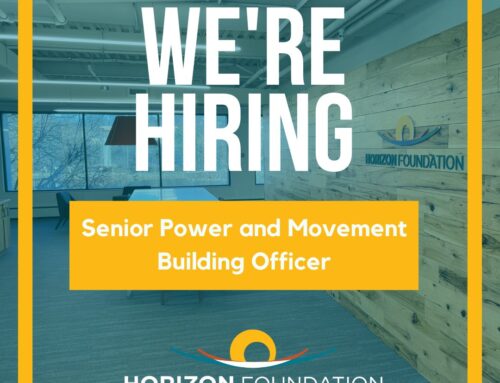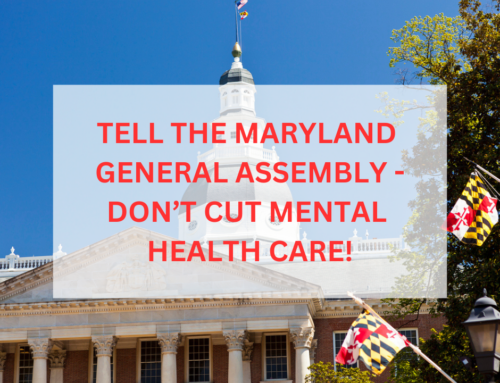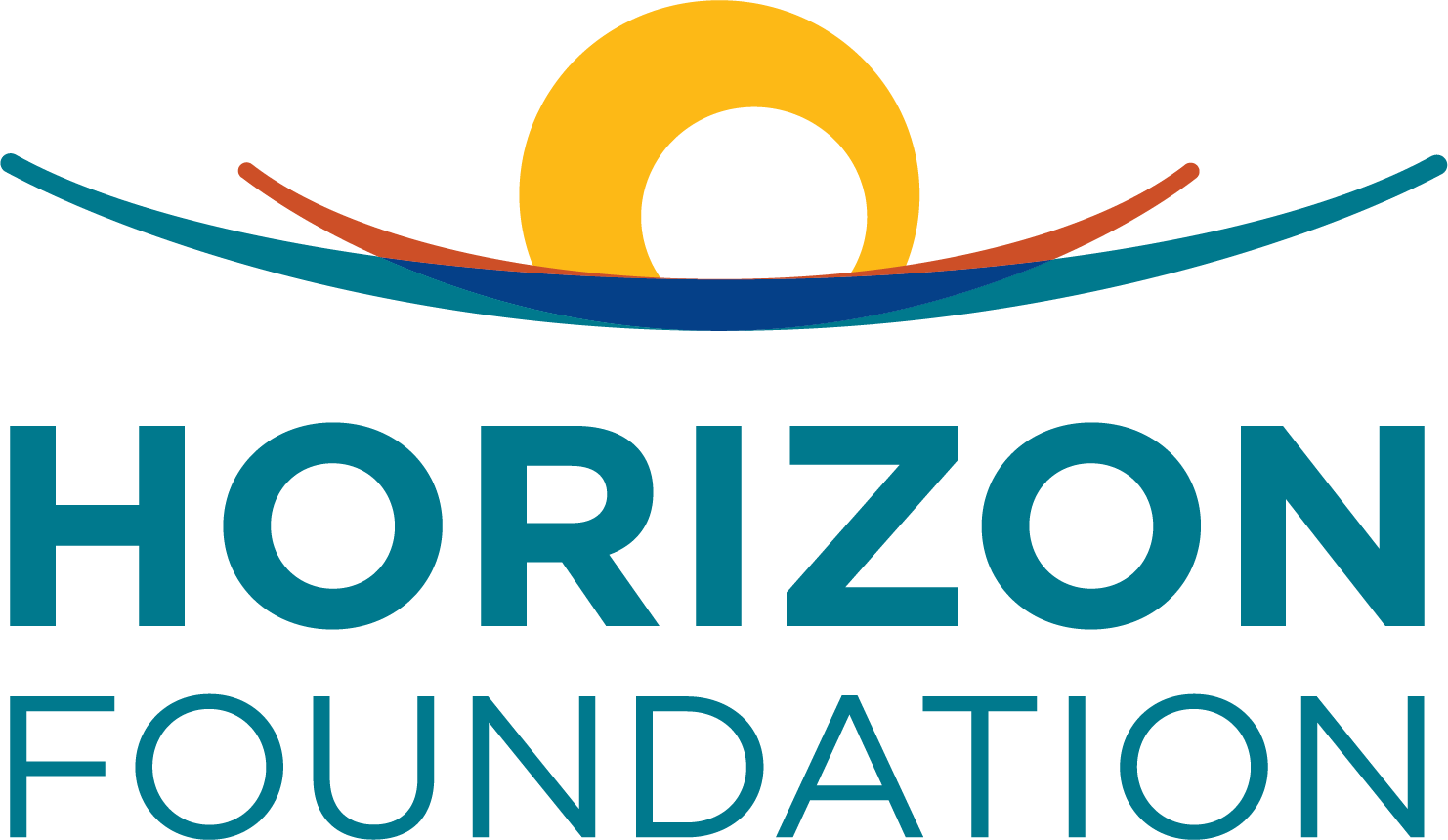Last month, I attended the annual Grantmakers in Health (GIH) conference, along with thousands of other leaders in philanthropy from across the country who are working to build a healthier future for all. Although I attend this conference regularly, this was unlike any other – it took place just days after the Supreme Court overturned Roe vs. Wade, taking away a constitutional right from half the population and throwing the reproductive health of millions into potential jeopardy. It also comes at a time when the nation feels under siege from gun violence, yet another wave of COVID-19 is surging, our democracy is being threatened from within and public trust in our institutions is at an all-time low. The mood at GIH, like much of the country, was sobering.
Painfully aware of the difficult climate in which we are living, my conversations with other foundations centered around two big questions: how did we get here, and how does philanthropy need to shift to meet this moment?
Like any other organization, the Horizon Foundation has several strategic priorities that we focus on to best serve our community. As a grantmaker, we tend to fund priorities issue by issue – in other words, we have grantees that focus on mental health, fighting diabetes, advancing racial equity, etc. This model allows our grantees and local nonprofits to work on issues that they care most about, but it also means that our funding becomes siloed, and groups that could do more by working together don’t always have opportunities to do so. And at a time when public health, human rights and civil rights are being threatened, is this the most effective way for philanthropy to make a difference? Should we be funding across issue areas including health, social determinants of health and civic health instead?
Though specific funding strategies will likely evolve over time, what I learned from my fellow grantmakers in health is that in order to combat the threats we are facing, our focus needs to shift to building power in our communities, from the ground up. We need to help build a robust participatory democracy – one that centers the experience of those most marginalized, prioritizes strong civic engagement and pursues social and health justice. This will require us think outside the box from our normal ways of doing things, including funding our local organizations in longer term increments than philanthropy is typically used to. Our democracy and civil rights did not become endangered overnight, and it will involve playing the long game to build them back up.
We all have causes that we care about – and no one organization can work on every issue all the time. But now is not the time to operate in siloes. The stakes are high. Philanthropy must do a better job collaborating as a sector to build power in our local communities who will drive the change we need. We must recognize that the attacks we are seeing on reproductive rights are also happening across the board – on immigrant rights, on LGBTQ+ rights, on voting rights, just to name a few. These unjust attacks are undermining our ability to realize our vision of a healthy, equitable society where everyone has the opportunity to thrive.
Though there is no denying the scale of the many challenges we face, that vision is not lost, but we must act to keep it alive. As the Horizon Foundation enters a year of strategic planning, we will be working with our grantees, community members and our Board of Trustees to grapple with many of these questions and the role of the Foundation moving forward. As we do, we plan to work with our philanthrophic partners locally, regionally and nationally to join the fight to defend democracy, and to rebuild it with equity and anti-racism as our guiding light. My hope is that we all move forward with that purpose to achieve the healthy communities and healthy democracy we need.





